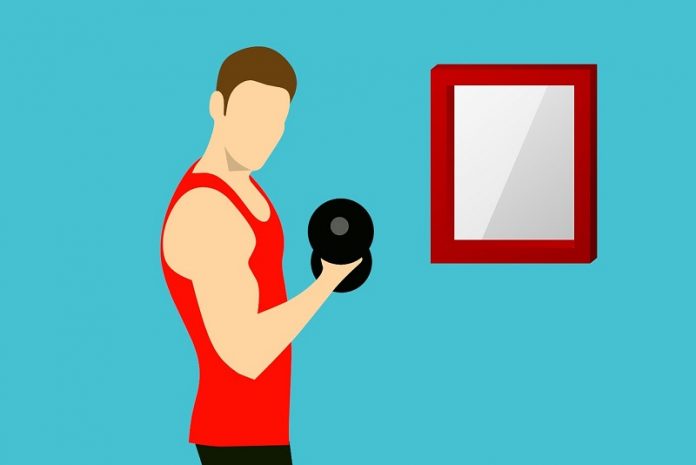
In a new study from RMIT University, researchers have used sound waves to turn stem cells into bone cells.
This advance could one day help patients regrow bone lost to cancer or degenerative disease.
Tissue engineering is an emerging field that aims to rebuild bone and muscle by harnessing the human body’s natural ability to heal itself.
A key challenge in regrowing bone is the need for large amounts of bone cells that will thrive and flourish once implanted in the target area.
To date, experimental processes to change adult stem cells into bone cells have used complicated and expensive equipment and have struggled with mass production, making widespread clinical application unrealistic.
Additionally, the few clinical trials attempting to regrow bone have largely used stem cells extracted from a patient’s bone marrow—a highly painful procedure.
In the current study, the team showed stem cells treated with high-frequency sound waves turned into bone cells quickly and efficiently.
Moreover, this innovative stem cell treatment was effective on multiple types of cells including fat-derived stem cells, which are far less painful to extract from a patient.
As researcher Dr. Amy Gelmi said, this stem cell treatment is simple and fast. The sound waves cut the treatment time usually required to get stem cells to begin to turn into bone cells by several days.
This method also doesn’t require any special ‘bone-inducing’ drugs and it’s very easy to apply to the stem cells.
The high-frequency sound waves used in the stem cell treatment were generated on a low-cost microchip device developed by RMIT.
The researchers have spent over a decade researching the interaction of sound waves at frequencies above 10 MHz with different materials.
The sound wave-generating device they developed can be used to precisely manipulate cells, fluids or materials.
In the future, the researchers will find methods to upscale the platform, working towards the development of practical bioreactors to drive efficient stem cell differentiation.
If you care about bone health, please read studies that for stronger bones, diets trumps exercise, and this bone problem may strongly increase COVID-19 death risk.
For more information about health, please see recent studies that too much of this vitamin may increase your risk of bone fractures, and results showing this type of exercise may protect your bone health, slow down bone aging.
The study was conducted by Lizebona August Ambattu et al., and published in Small.



